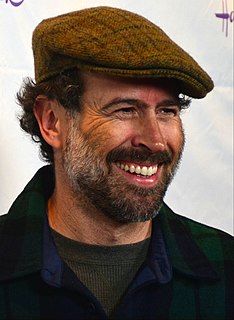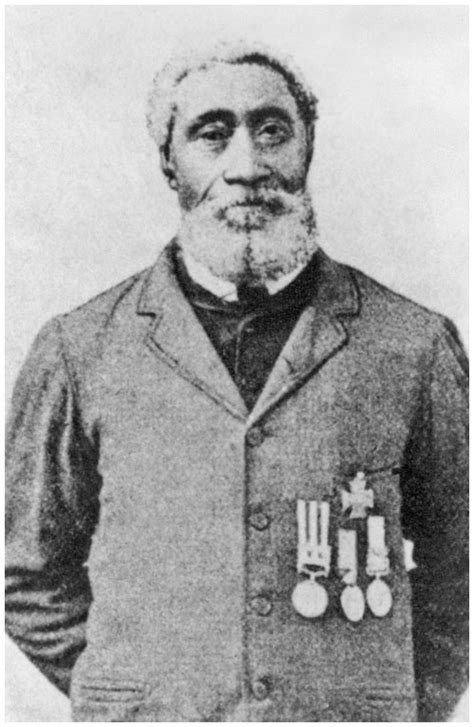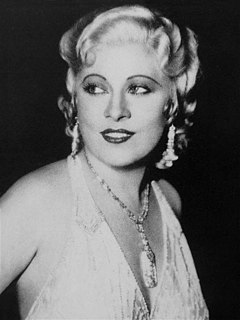A Quote by David C. Driskell
I grew up with a sense of tolerance. I don't know that there was any talk about gender differences. It was respect for people. So when I became a professional and saw that there were a lot of differences in the sense of how people lived their lives, I became respectful of their territory, of their thoughts and their ideas, and it was never a problem for me to feel that this is my sister, this is my brother.
Related Quotes
Is it not possible to look beyond the canes, the wheelchairs, the braces, and the crutches into the hearts of the people who have need of these aids? They are human beings and want only to be treated as ordinary people. They may appear different, move awkwardly, and speak haltingly, but they have the same feelings. ... They want to be loved for what they are inside, without any prejudice for their impairment. Can there not be more tolerance for differences-differences in capacity, differences in body and in mind?
Some trans people thought that in claiming that gender is performative that I was saying that it is all a fiction, and that a person's felt sense of gender was therefore "unreal." That was never my intention. I sought to expand our sense of what gender realities could be. But I think I needed to pay more attention to what people feel, how the primary experience of the body is registered, and the quite urgent and legitimate demand to have those aspects of sex recognized and supported.
Some people have witnessed the killing of their husbands, or they survived other horrific things. My sister is a widow but her husband was killed after the Khmer Rouge. There are different periods in which violence has occurred, and differences in how these women became widowed and how they survived afterwards.
In order to survive, a plurality of true communities would require not egalitarianism and tolerance but knowledge, an understanding of the necessity of local differences, and respect. Respect, I think, always implies imagination - the ability to see one another, across our inevitable differences, as living souls.
If the people in a relationship were able to get rid of this torment within and replace it with happiness, love, and a sense of well-being, they would never think to hurt another human being. They would be filled with an understanding of others and an appreciation of others and have an ability to reconcile differences without any violence whatsoever, to reconcile differences in a very loving way, a very happy way.
I grew up caring about people and I would say again, that's what made me who I am. I became a doctor for what I like to call "healthy reasons." Not because I'm fascinated by the human body or want to understand death, but I like people and I want to help them. That also became my problem, because I couldn't help everyone, I couldn't fix everyone.
More people saw me than saw Napoleon, Lincoln and Cleopatra. I was better known than Einstein and Picasso. ... I changed the fashion of two continents. The style of the Gay Nineties became the rage ... women were trying to walk and talk like me. Women became more sex-conscious - sex was out in the open and fun.







































